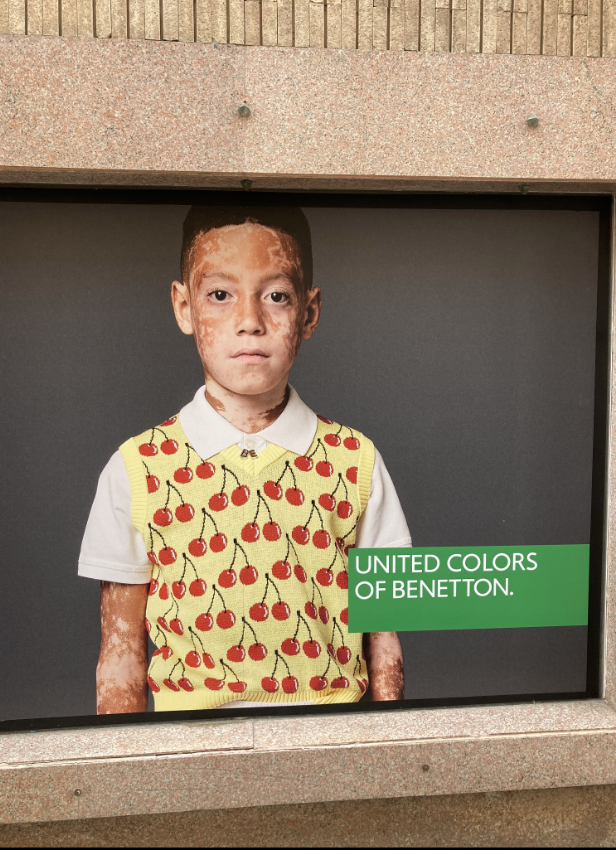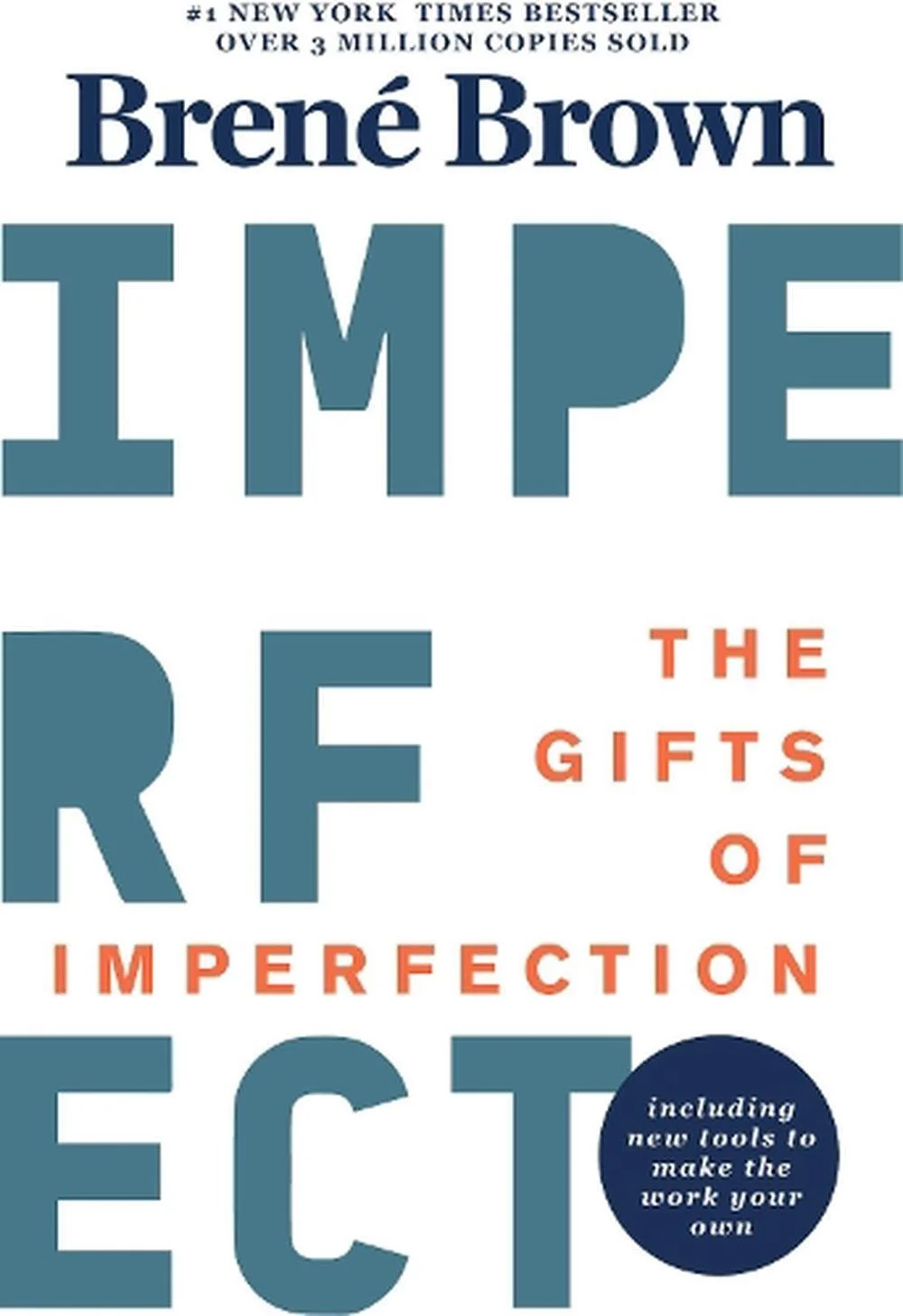You’re More Like an Alpaca Than You Realise.
In a world where connection seems to be just a click away, why do so many feel isolated and alone? It's a question that has been on my mind lately, especially after stumbling upon a daunting statistic: Young Australians aged between 15-24 are experiencing higher levels of psychological distress and loneliness compared to any other age group (HILDA Report, 2024). This shift in loneliness demographics, once dominated by the elderly, now places the younger generation at the forefront of this epidemic.
This got me thinking about alpacas. Yes, alpacas. These fluffy creatures don’t just teach us a lesson or two about funky hairstyles, they're social creatures at heart, thriving in herds. Remove an alpaca from its pack, and you'll witness a creature plagued by stress and sadness, a state that could ultimately lead to its demise. Alpacas don’t just hang out with each other, they constantly communicate with each other through body posture, tail and ear movements, and sounds. They are especially protective of their young. Similarly, humans, like alpacas, are social creatures. We crave community and connection, yet many, especially younger generations, find themselves feeling more disconnected than ever. And by connection, I don’t just mean being amongst people, I mean authentically connecting.
So, what does authentic connection look like in a world where social media and gaming often substitute for real interaction? Can we still feel isolated even when surrounded by people? The answer, I believe, is yes. Authentic connection goes beyond mere presence; it's about being able to show up as our true selves, warts and all. It's about vulnerability, empathy, and embracing our imperfections.
I recently came across the work of The Man Cave, a charity empowering young boys to become great men. They are dedicated to helping young people discuss the unique challenges and opportunities of masculinity. In encouraging vulnerability and openness and creating a safe space for individuals to share struggles, they are combatting isolation among young people - I love it, they’re leading the way in style.
But what about parents, caregivers or teachers - what can we do to promote authentic connection with younger generations? Here are three tips I've gleaned from both my observations and experiences:
1. Share First:
Drop your guard and be vulnerable. Share your stories, especially the ones that highlight your struggles. Vulnerability on your part leads to vulnerability on theirs. It creates a space where others feel comfortable opening up about their struggles - exposing isolating thoughts and feelings they might be burying. Just yesterday I was in the car chatting to my kids about a time I lay into my brother - it was ugly, and boy did I get stuck into him, fists and all. Fair to say, I copped a good dose of guilt and shame afterwards - I wouldn’t remember it 30 years later otherwise. The kids were captivated! But more importantly, we connected - and subsequently, their stories unfolded. We were able to connect through shame.
2. Empathise, Don't Sympathise: Instead of trying to talk someone ‘out of their feelings’ or offering unsolicited advice, try to empathise with them. Meet them where they are, acknowledging their emotions without judgment. Empathy builds bridges; sympathy erects barriers. I’ll be the first to admit, I am terrible at this! I’m working on it, but I see the clear benefits when I can keep my mouth closed, actively listen, and just be in whatever moment they have found themselves in.
3. Embrace differences: In a culture that often values perfection, embracing our unique differences can be revolutionary. Brene Brown leads the way here, and I’d highly recommend her book, ‘The Gifts of Imperfection’, which you can find below. Our flaws make us human, and sharing our insecurities in a safe space can foster deeper connections with others who are on a similar journey. Last year, when walking along an alleyway in Southern Italy, I came across an advertisement from United Colours of Benedict that caught my eye. I instantly stopped in admiration and took this shot. They say a picture paints a thousand words - say no more. Thanks for leading the way, United Colours of Benedict, this is the gold our young people need.
So, let's take a page from the alpaca's playbook and recognise the importance of authentic connection in our lives. Let's share our struggles, empathise with one another, and embrace our differences. After all, we're all just fellow alpacas trying to navigate this thing called life. So, let's do it together—in packs.
Recommended Reading
References
The 18th edition of the annual Household, Income and Labour Dynamics in Australia (HILDA) report.
The Man Cave, accessed March 2024.



